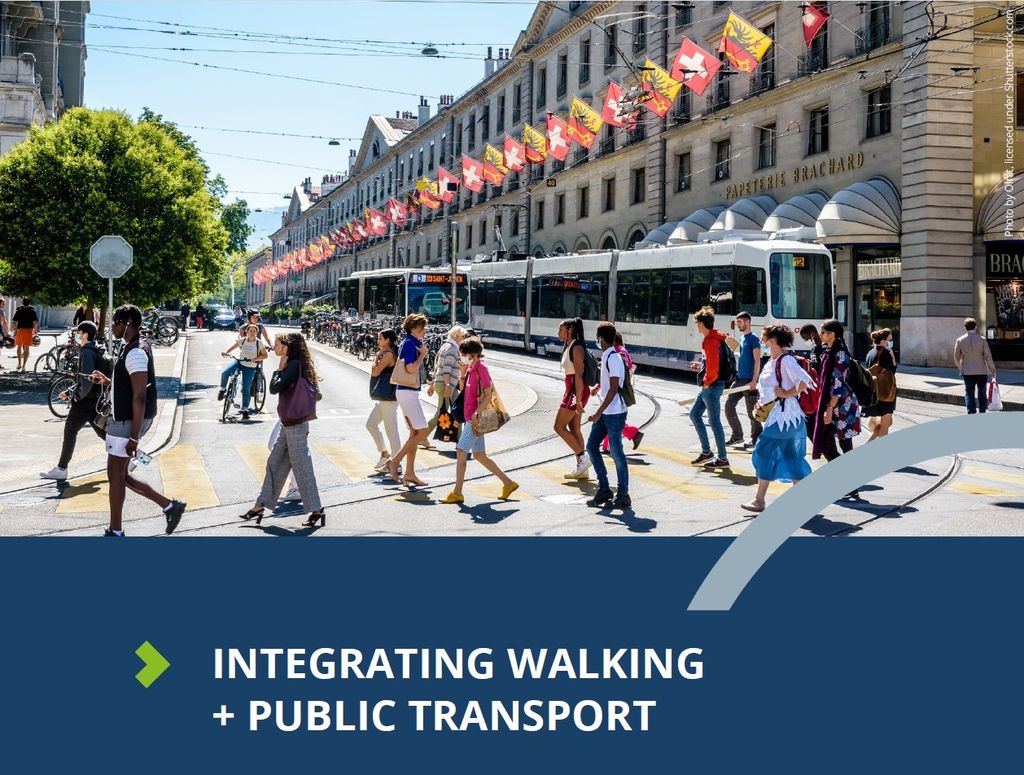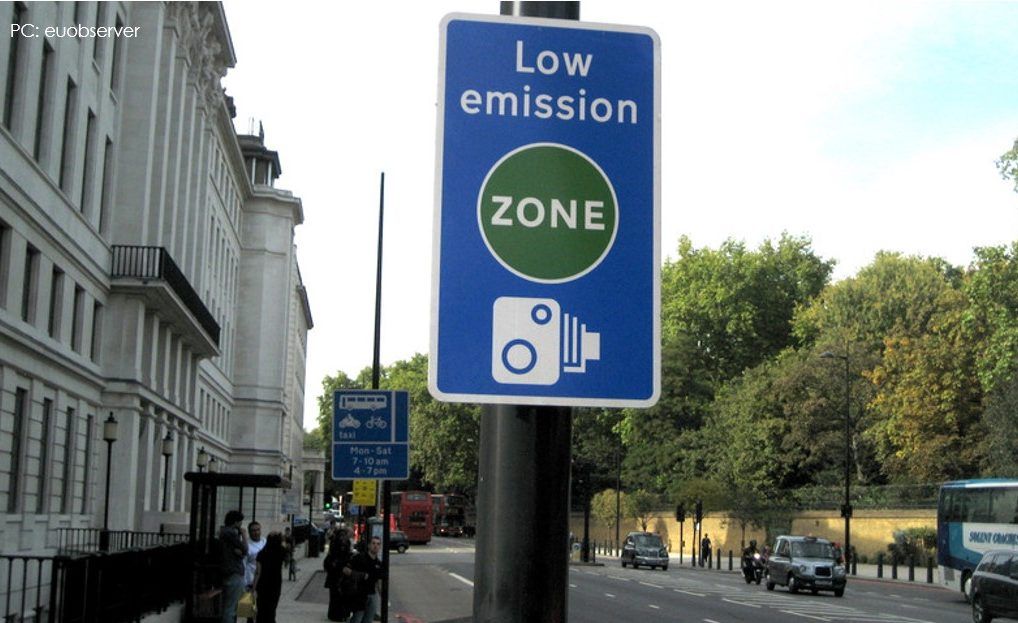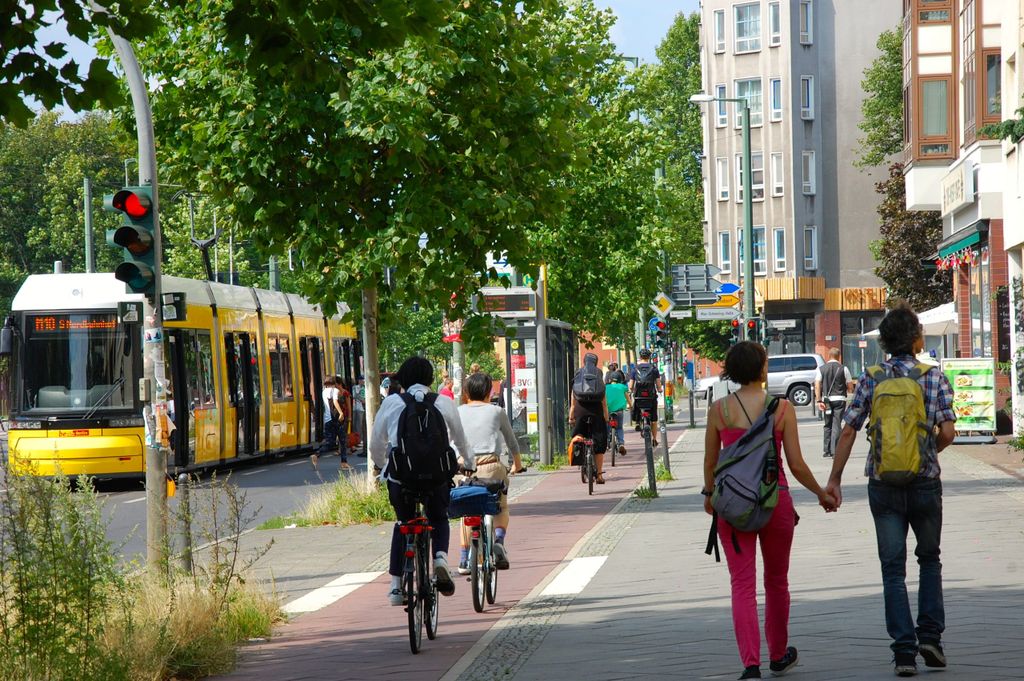
GALILEO 4 MOBILITY: EU-project completes mission to promote GALILEO satellite technology for MaaS
GALILEO 4 Mobility, the EU-funded project aiming to support the introduction of GALILEO technology within the Mobility as a Service (MaaS) context, has been drawn to a close. Kicking off in November 2017, the project was funded by the European GNSS Agency (GSA) and sought to promote GALILEO technology to enhance the continuity and ease of shared mobility services in urban environments.
UITP, which led outreach and dissemination of the project, is happy to say GALILEO 4 Mobility (G4M) has successfully completed its mission. Project outcomes show that G4M and GALILEO technology greatly contributed to improve shared mobility services across selected urban areas in Europe, and will continue to do so in many ways.
The core of G4M was in its pilots, with four demonstrations held across Europe to test how the integration of GALILEO technology could improve urban mobility. All pilots contributed in their own way to improving mobility in the area, and many of them will continue beyond the project’s lifetime.
Thessaloniki, taxi-sharing pilot
In Thessaloniki, the demo was led by project partners CERTH/HIT and Taxiway and ran from May 2019 to March 2020. It consisted of a shared taxi-service partnering up travellers sharing the same itinerary, this way discouraging private car-ownership and tackling traffic congestion.
Currently the service is put on hold due to COVID-19, yet first results show that passengers were very satisfied with the service: 91% of the participants showed interest in using the taxi sharing service after the pilot period. Therefore, plans are in the making to re-start the taxi-sharing initiative as a commercial service.
Paris, e-bike & car sharing service
The pilot in Paris (led by Clem’) included both an e-bike and e-car sharing service. In this demo, accurate positioning with help from GALILEO technology contributed to better determining the location of the users and vehicles, also basing the billing for the service on that data.
Even though G4M has ended, the electric car sharing service is still running, and will continue to do so to further improve door-to-door mobility in the area. Furthermore, if the bike-sharing service proves to be successful, this service will also continue in the long run.
Barcelona, MaaS application
Another pilot took place in Barcelona. Led by RACC, it was tested how GALILEO technology improved the accuracy of a dedicated MaaS aggregator application. The app, called CityTrips, gathers the whole mobility offer of the area, including bike, scooter and car-sharing, public transport and taxi; meaning accurate positioning of the passenger and the vehicles is essential to enable a seamless door-to-door journey. The first results of the demo showed that the precision and the acquisition time of the geolocation signal improves when using a GALILEO-equipped smartphone.
Cervello, bus-on-demand pilot
The last pilot ran from February to April 2019, and included a bus-on demand pilot in Cervelló, a small town near Barcelona. The pilot was a collaboration between G4M project coordinator Pildo and public authority Metropolitan Area of Barcelona (AMB), and aimed to tackle the low usage of bus services in the area. A GALILEO-enabled bus complemented the existing lines and ran according to demand.
Also this initiative will continue to run – the service was so successful, that the on-demand bus will completely replace the regular bus line from 2021 onwards. The success of the G4M pilot in Cervelló is strategically critical for AMB, which is having its first experience with on-demand schemes, and will influence the transformation of many other inefficient bus lines in low density territories in the region.
And G4M lives on in other ways too…
During the project’s lifetime, a call for small-scale pilots was launched, encouraging the development of new mobility services using GALILEO. Now, earlier this month a new bus-on-demand service was launched in Terrassa (Catalonia) as a result of this call. Developed by the Association of Municipalities for Mobility and Urban Transport (AMTU), the City Council of Terrassa and TMESA, the operating bus company, the pilot uses a GALILEO-enabled platform to operate.
G4M also facilitated the creation of Nemi: an application enabling the operation of demand-responsive public transport services. Nemi makes mobility in low-density areas feasible by providing a software solution that enables flexible bus routes.
Finally, the project’s work will continue through ARIADNA, a new project that to some extent can be considered as a natural continuation of G4M. Also funded by GSA, ARIADNA supports the adoption of EGNSS for public transport and urban mobility by raising awareness on GALILEO and EGNOS (European Geostationary Navigation Overlay Service) benefits, and its technical features, among different urban mobility stakeholders.
Watch the re-cap video of GALILEO 4 Mobility below!
Are you interested to learn how to use GALILEO in public transport and urban mobility? The ARIADNA project has set up the Space4Cities Forum, welcoming stakeholders keen to receive technical support and advice from GALILEO & Copernicus technical experts and ARIADNA consortium partners. For more info and how to join, have a look here.
become a member







